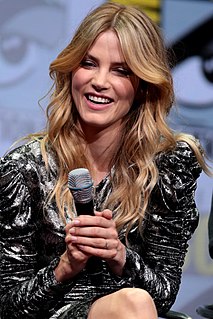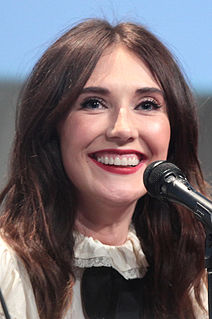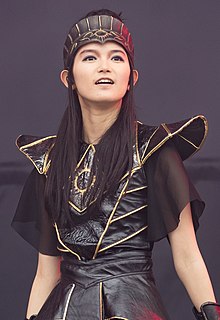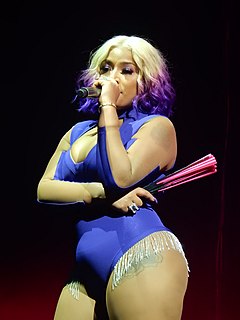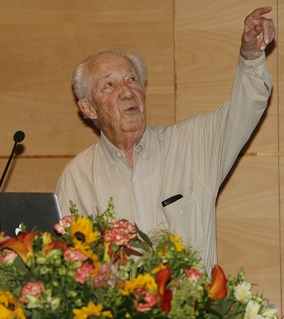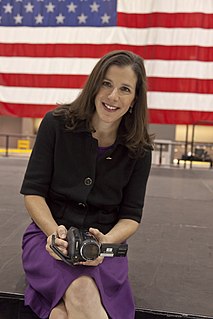A Quote by Sylvia Hoeks
I speak Dutch, German, French, and English and have acted in all of those languages, but I love the American experience.
Related Quotes
I speak English, obviously, Afrikaans, which is a derivative of Dutch that we have in South Africa. And then I speak African languages. So I speak Zulu. I speak Xhosa. I speak Tswana. And I speak Tsonga. And like - so those are my languages of the core. And then I don't claim German, but I can have a conversation in it. So I'm trying to make that officially my seventh language. And then, hopefully, I can learn Spanish.
I work in Hebrew. Hebrew is deeply inspired by other languages. Not now, for the last three thousand years, Hebrew has been penetrated and fertilized by ancient Semitic languages - by Aramaic, by Greek, by Latin, by Arabic, by Yiddish, by Latino, by German, by Russian, by English, I could go on and on. It's very much like English. The English language took in many many fertilizations, many many genes, from other languages, from foreign languages - Latin, French, Nordic languages, German, Scandinavian languages. Every language has influences and is an influence.
I can read more languages than I speak! I speak French and Italian - not very well, alas, but I can get by. I read German and Spanish. I can read Latin (I did a lot of Latin at school.) I'm afraid I do not speak any African languages, although I can understand a little bit of the Zulu-related languages, but only a tiny bit.
I was born into a Turkish family that had acquired Italian citizenship. Many members of the family subsequently became British, French, Brazilian, and German, so there was a bit of everything. It was not uncommon for people in the family to speak seven languages: English, French, Ladino, Italian, Turkish, Arabic, and even Greek.
The idea of morphology of languages is something that I'm really interested in. How does German turn to Dutch, and how does Dutch turn to Anglo-Saxon and eventually English? Morphology is actually taking place through things like Twitter or GChat today, where we're changing how things are spelled, and those spellings are accepted as standard now. Morphology happens over time. It's not necessarily a bad thing.
